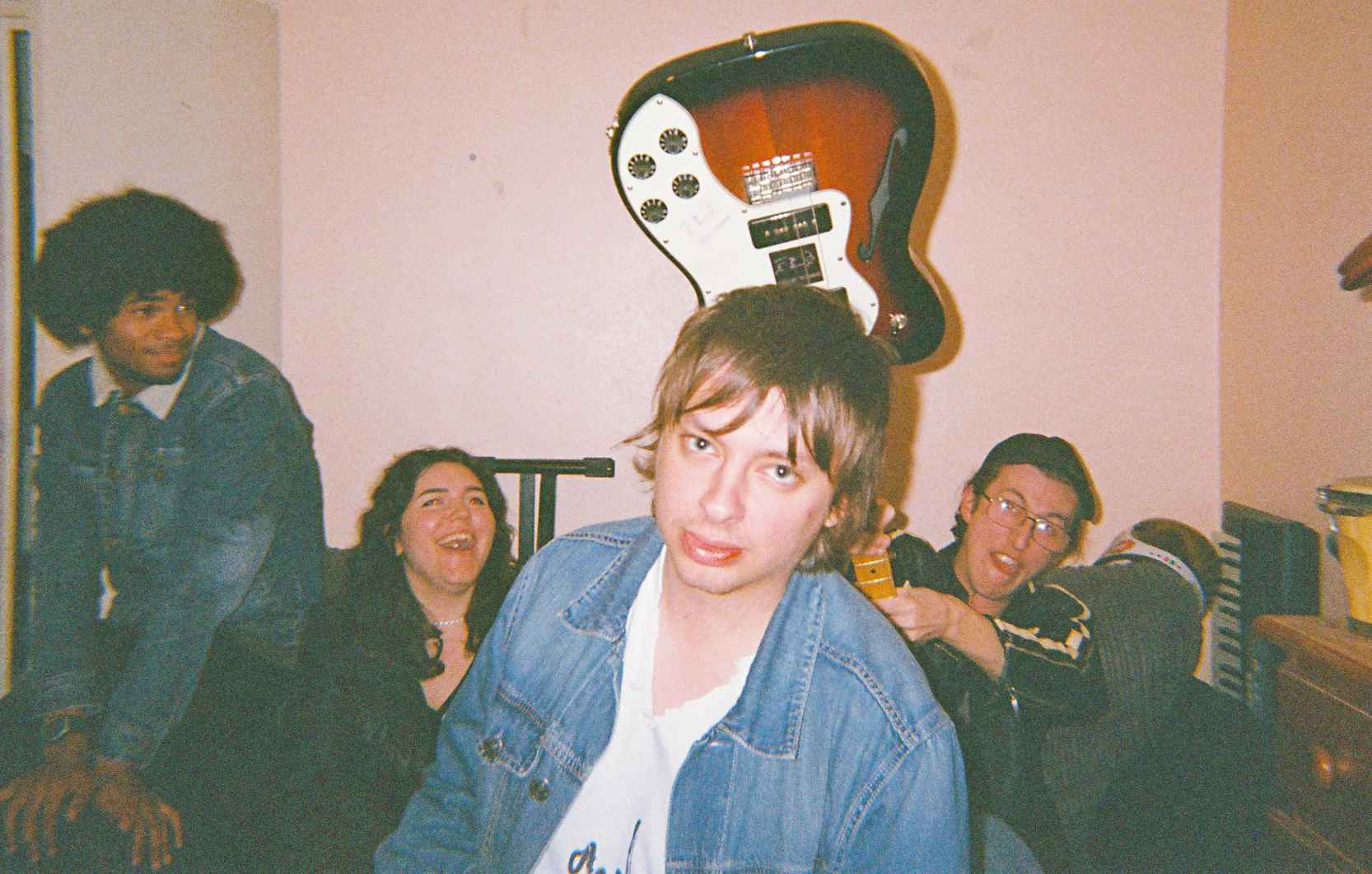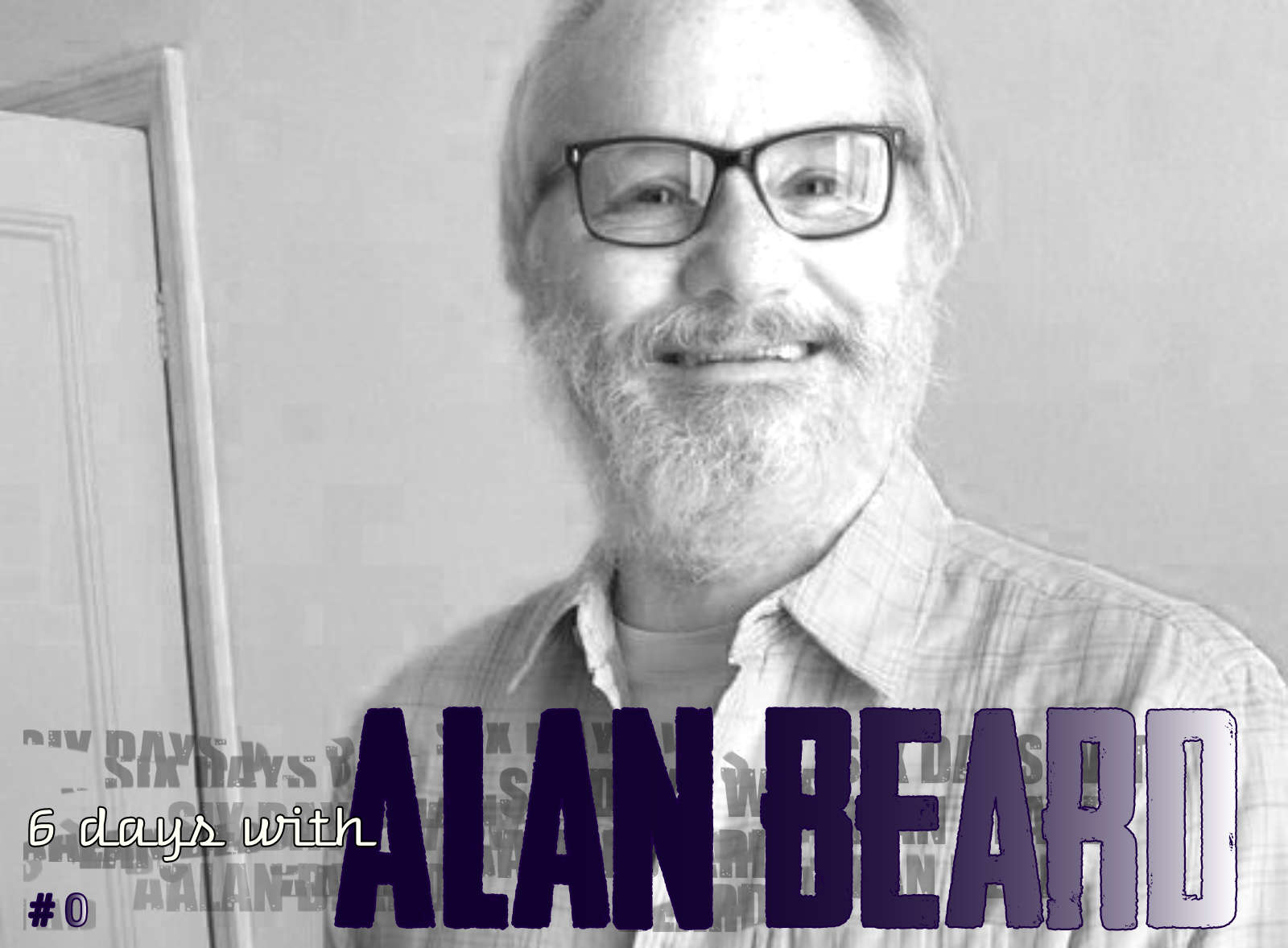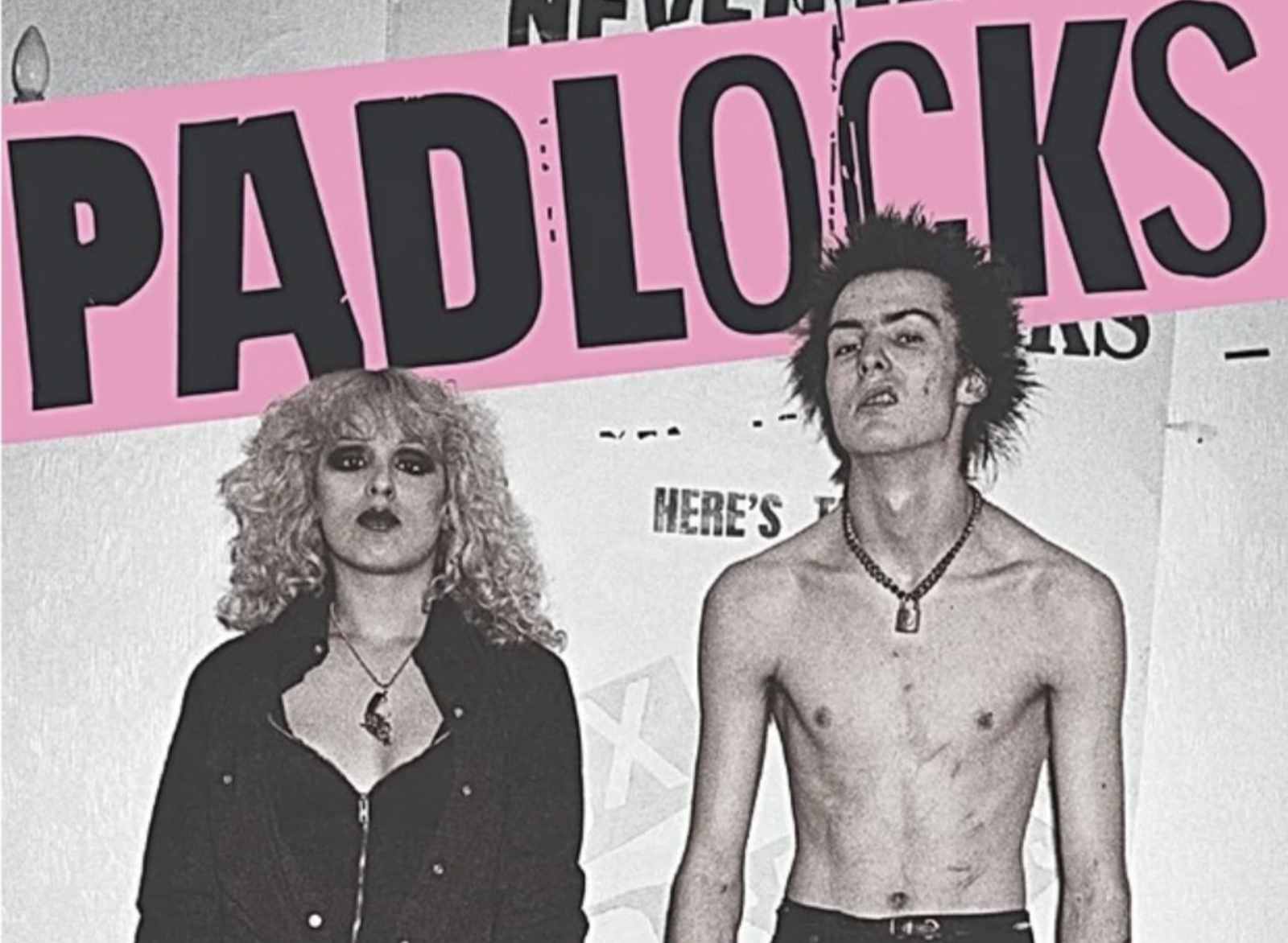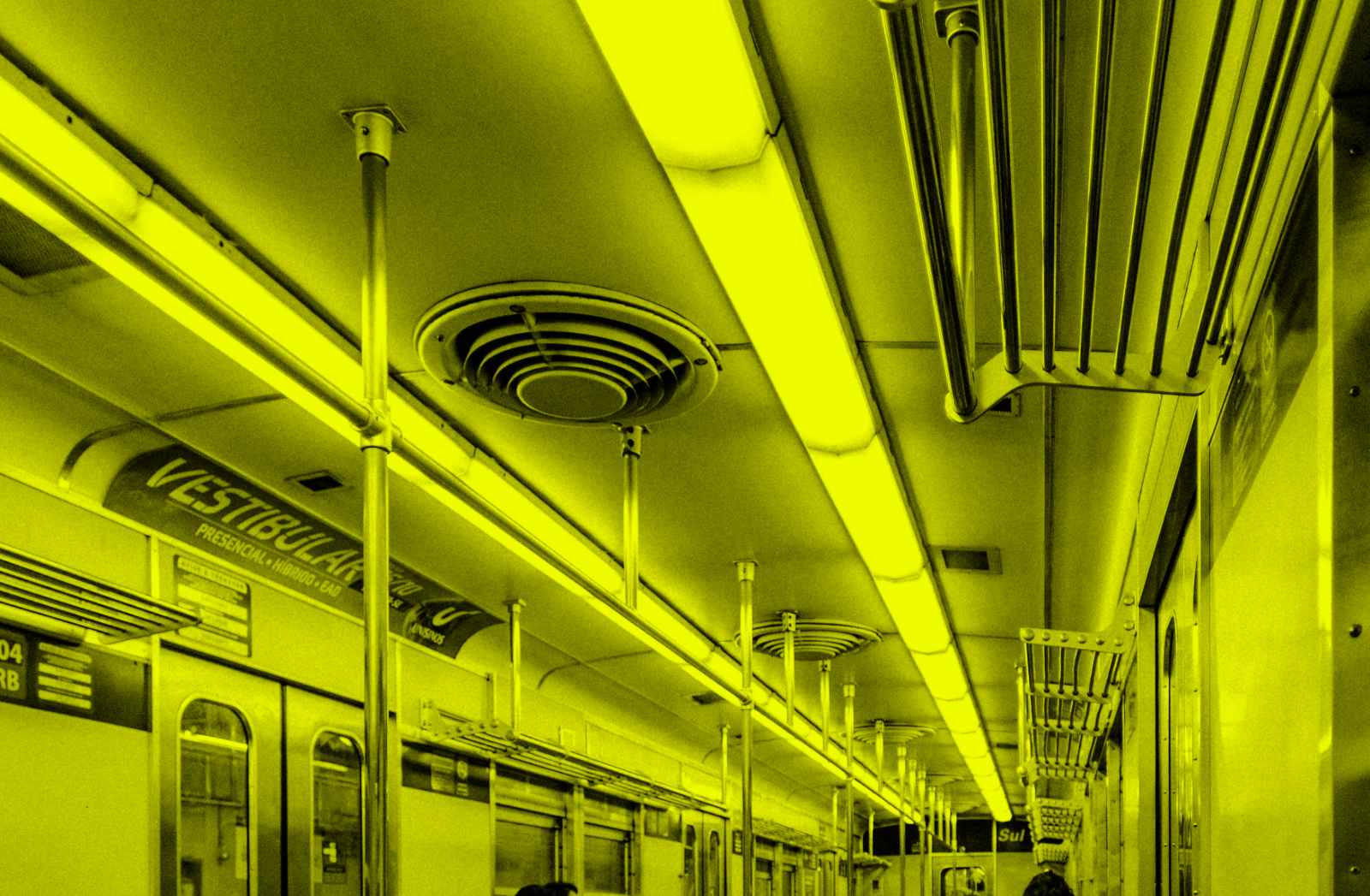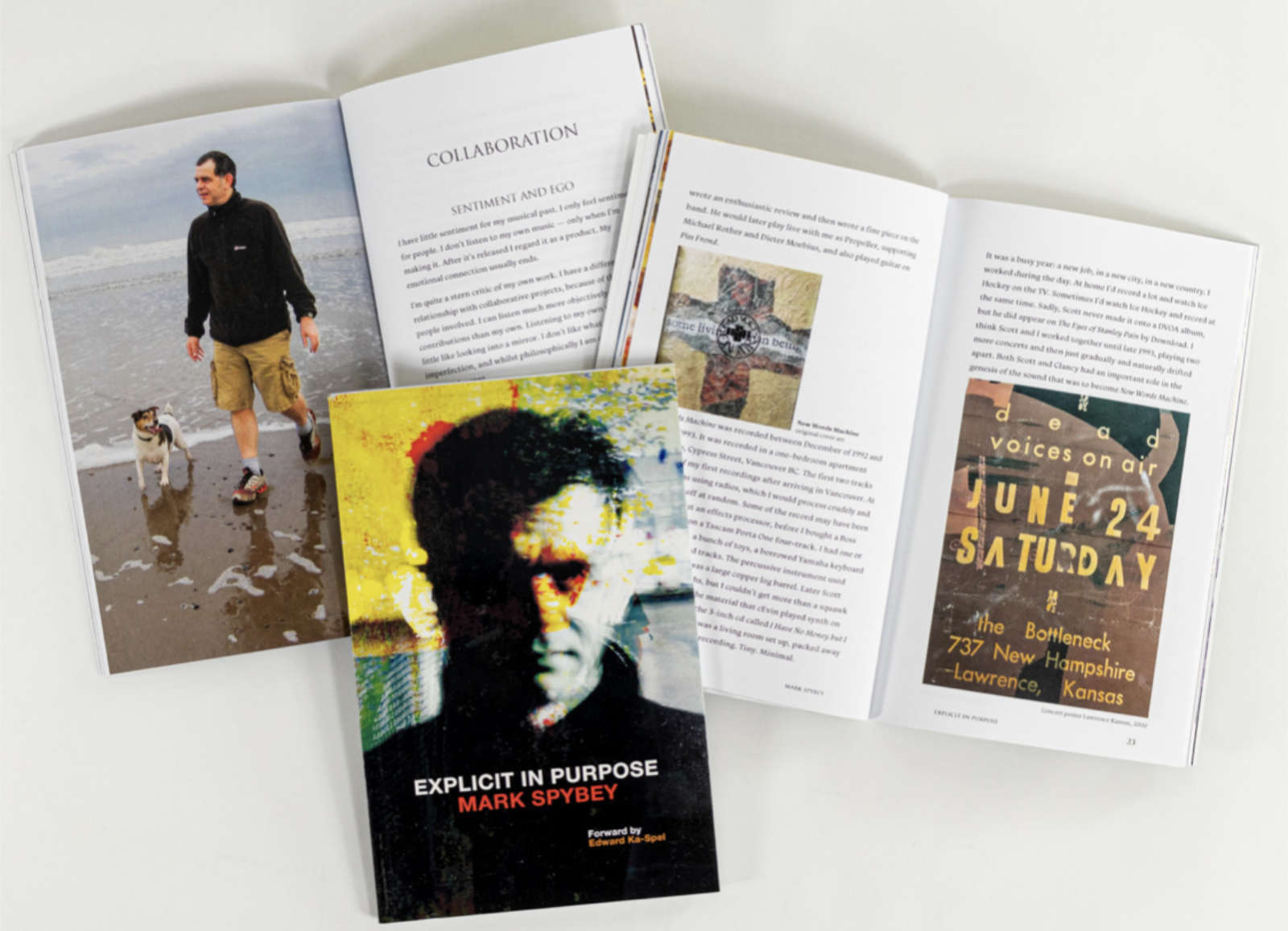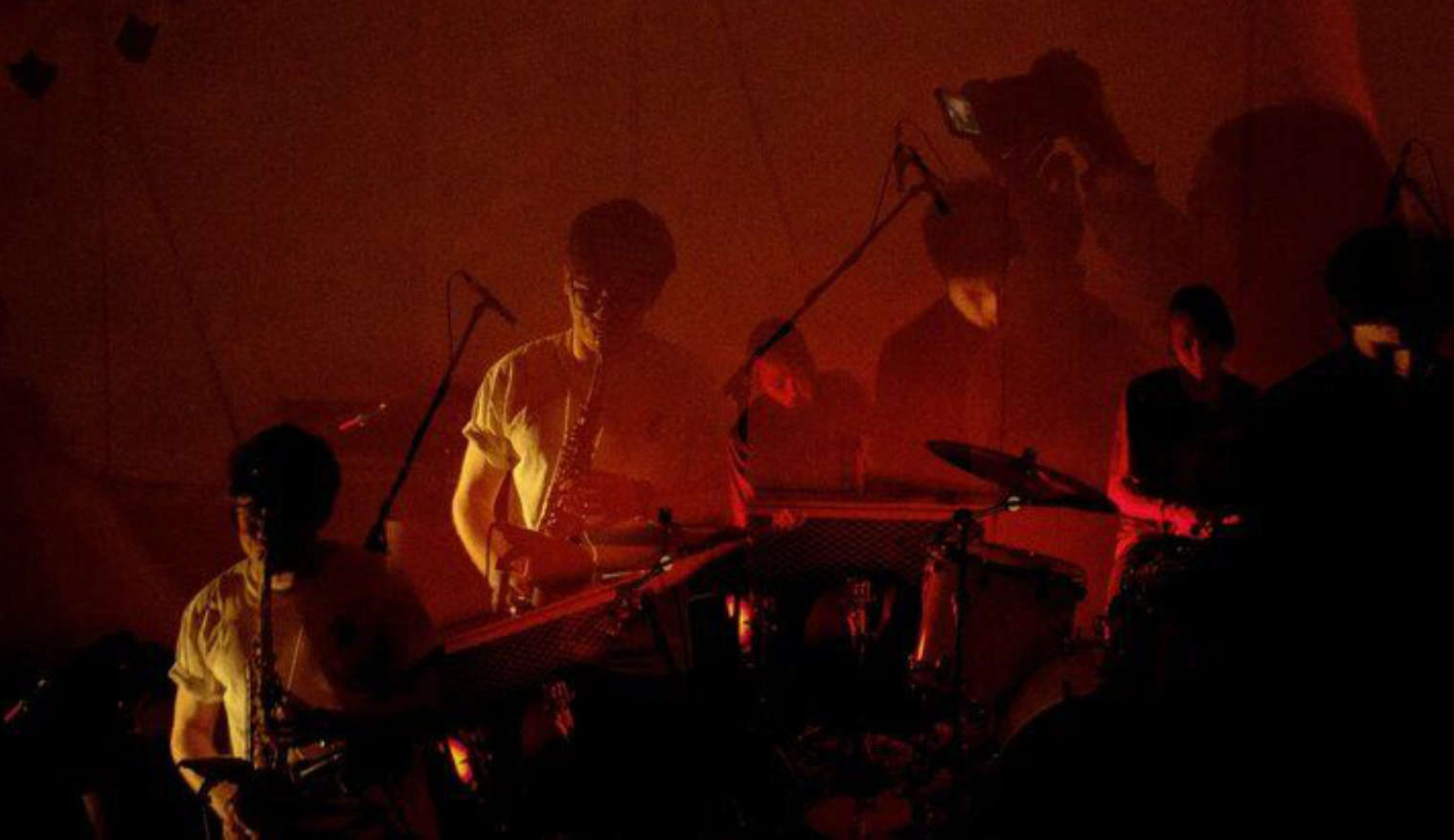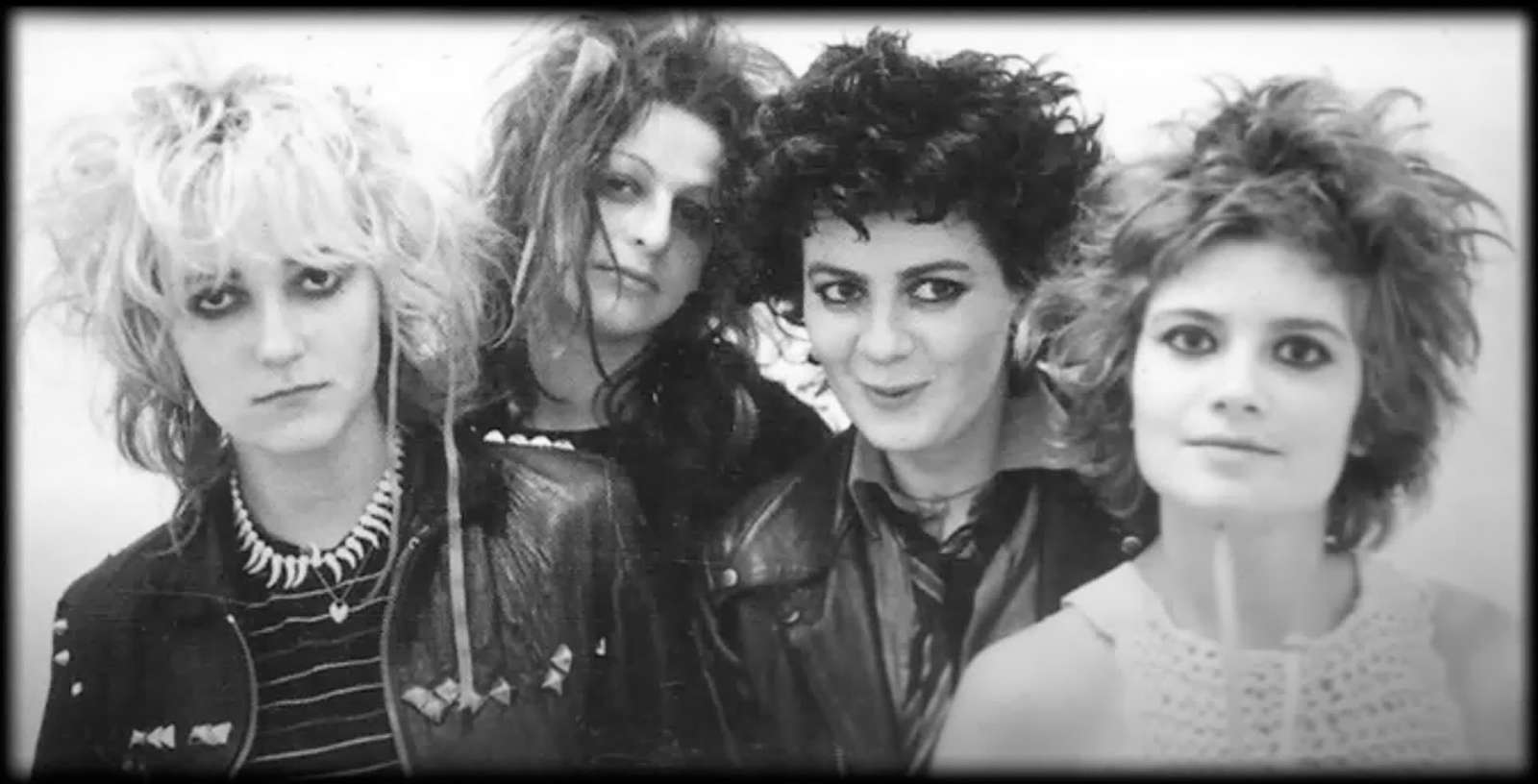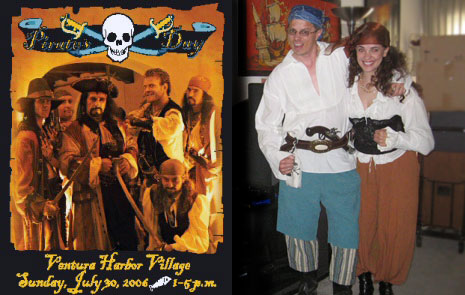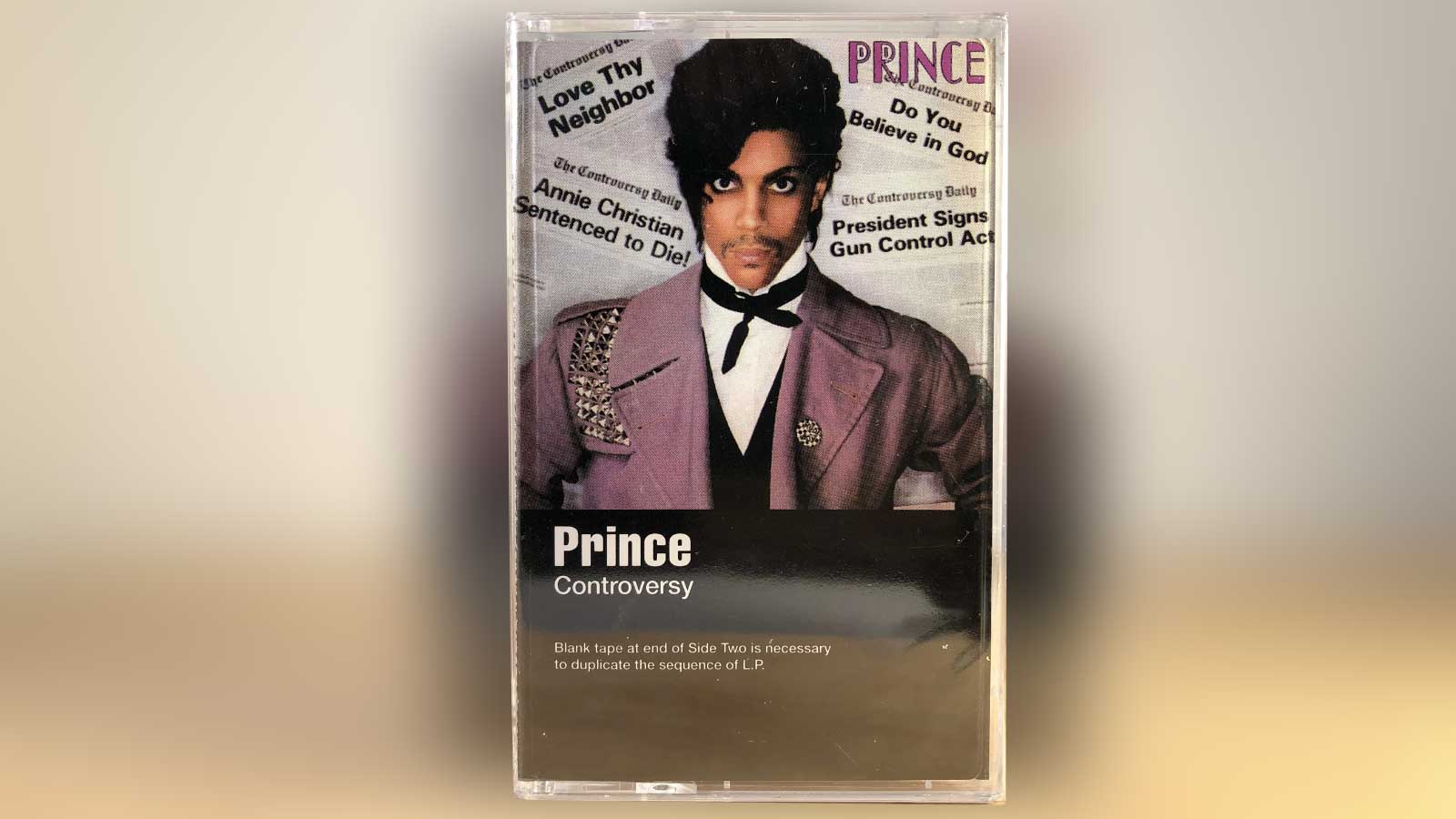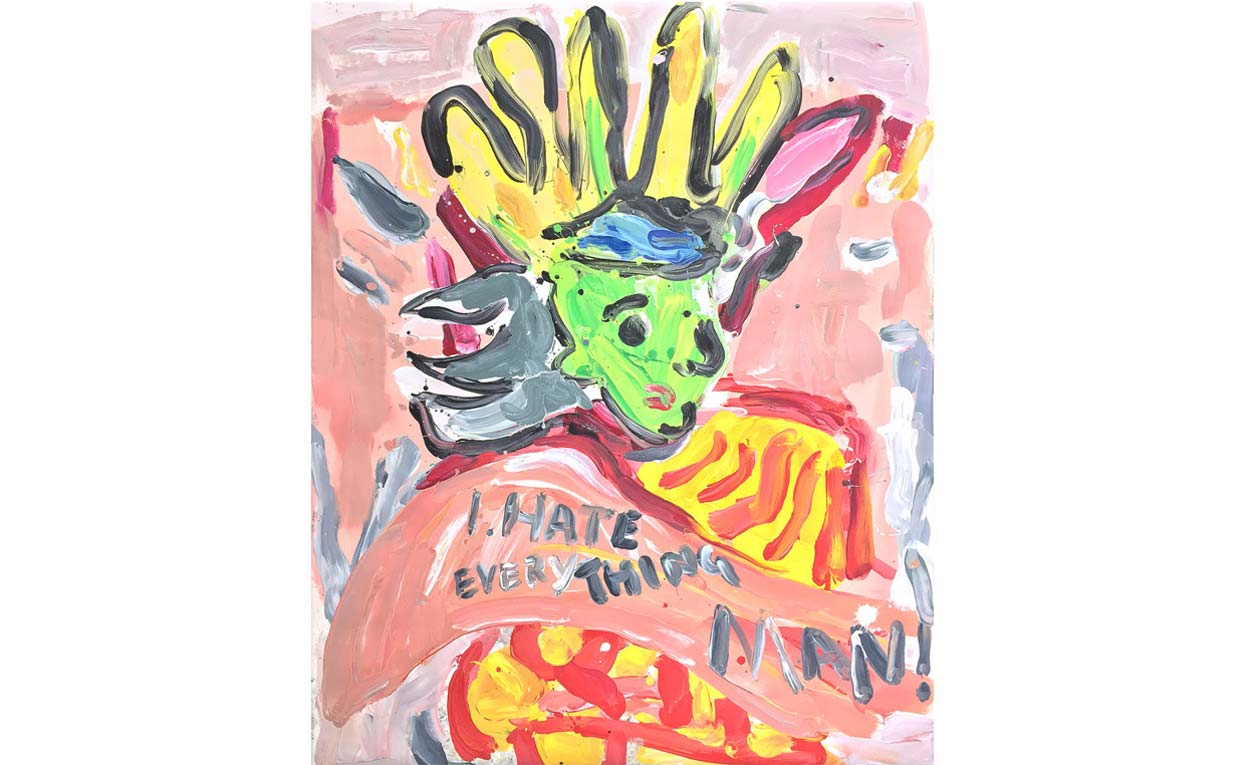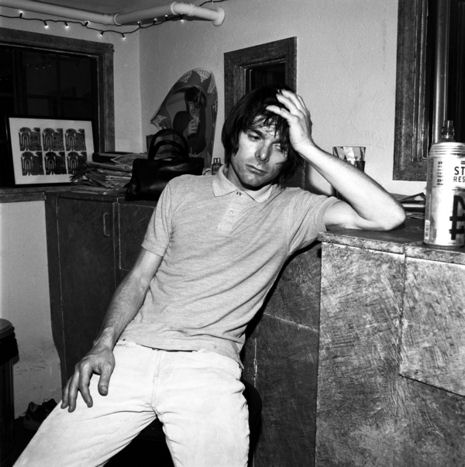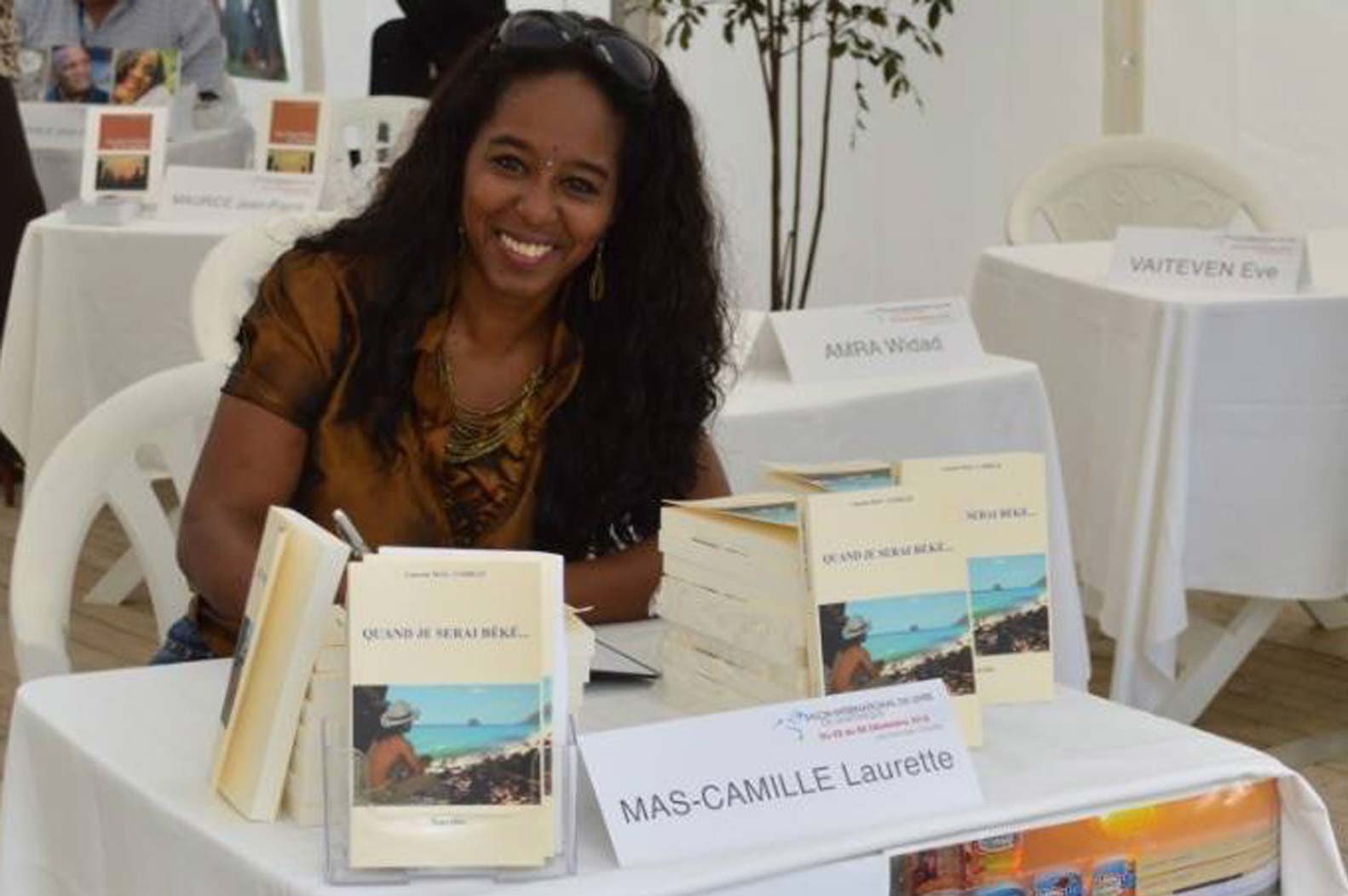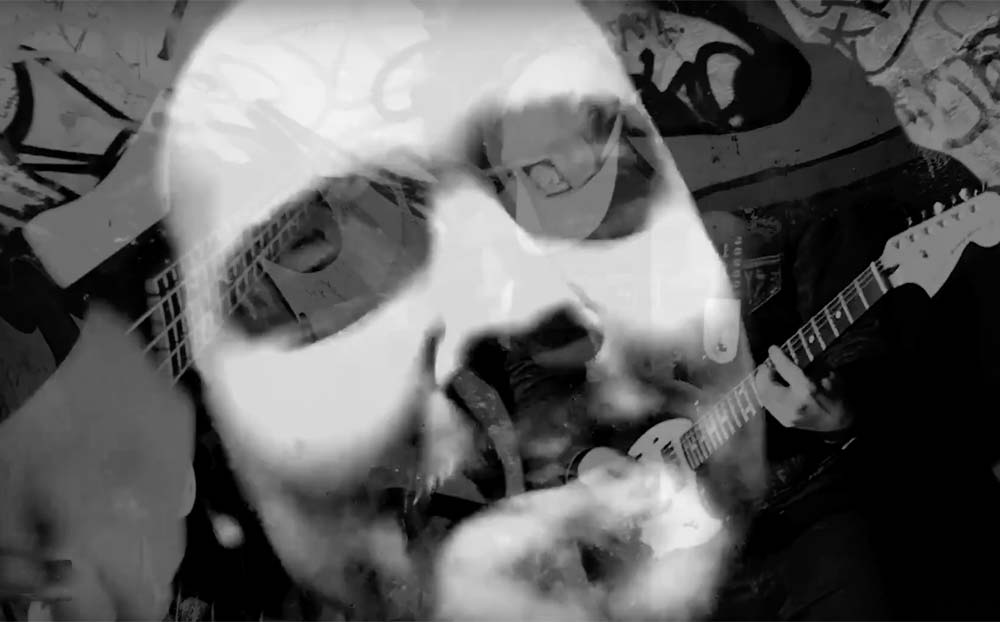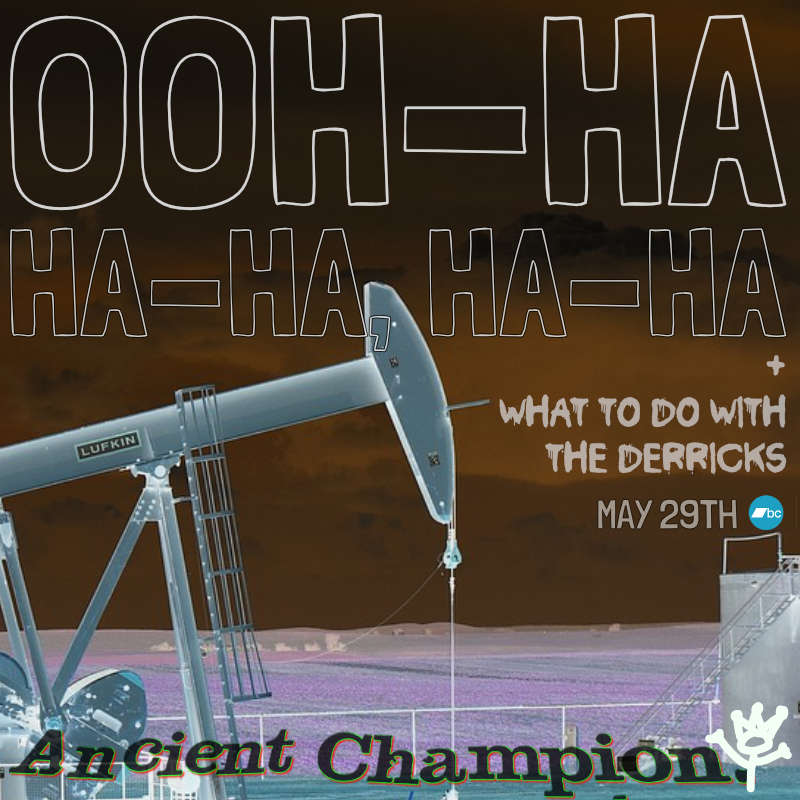The “demise of feeling and emotion has paved the way for all our most real and tender pleasures in the excitements of pain and mutilation”. So writes J G Ballard in his introduction to his iconic novel of auto eroticism and dystopian despair ‘Crash’. The book has already been made into an equally iconic film by Canadian left field director David Cronenberg and immortalised in song by Daniel Miller (now head of Mute Records) under the guise of The Normal in the much-covered minimalist electronic classic ‘Warm Leatherette’. So where to go from here? Inspired by the Cronenberg masterpiece, Vex Ashley’s UK based film making collective Four Chambers decided to produce a lower budget, more in your face, pornographic exploration of the themes in the novel over the course of two films; Crash, and Automaton. That is where Augustus ‘Gus’ Muller of Boy Harsher comes in. Recruited to provide the soundtrack to both movies following a successful first collaboration with Four Chambers in 2020, it seemed custom made for the icy synth tones and warm analogue breaks exhibited in Boy Harsher to really take off, free from the constraints of the song structure. Was it really that simple?
"The more I do soundtracks, the more I realise it's like less of an art, and like more of a craft. You have to leave your ego behind and work with the project. You're on a such a tight deadline, it's about efficiency. It's about getting it done at the end of the day." - Gus Muller
OUTSIDELEFT: The new soundtrack album, 'Cellulosed Bodies', is actually two separate soundtracks to accompany two films, both of which came out in 2022, made by an outfit called Four Chambers who are a UK based film collective. I don't really know anything about them. How did you come across them?
GUS MULLER: Back in 2018, they contacted us just to use one of our songs for another film they were making and that's how I found out about the company. We let them use our song and then I had a chance to meet Vex [Ashley, founder of Four Chambers] at a show of ours in in Manchester in 2019 and we were throwing some ideas around. I was trying to get into doing soundtracks, so I said if they were looking for some original music, I'd love to take a shot at that.
OL: What's the process that you go through to actually create a soundtrack for something like 'Crash', that is very visual? Is that a difficult process?
GM: It's fun, because the visuals give you an inspiration. You have a place to start. If you're working on an album, you can go in so many different directions and it can get confusing. With soundtrack music where you're working with visuals, you know right away if you're going in the right direction. You are comparing it to the image and asking is it conveying the vibe you want? If it is, you just continue on that route. You have such a short deadline, you have to dig in to your bag of tricks. Like 'I can make like a beat like this' or 'I can make a composition like this', all in a very time efficient way.
OL: Does working solo on a soundtrack feel a bit lonely compared to working in a band though? This is a collaboration, but with somebody who isn't a musician, so they're looking at it from a completely different angle and the pressure is on you to do something that they like. You must have that thought going in the back of your mind, that they might not like it?`
GM: The first film I scored with them, I was nervous about the first sketches I sent. Ultimately though, working with Vex has been good. She is super open and lets me do my own thing. I feel like we have an understanding. She gives me a lot of freedom, so it's a pretty good working relationship.
OL: For 'Crash' I would always be thinking of the Cronenberg film as well and it's hard to put that to one side. To create a soundtrack for something which is basically about sex and death must be challenging. You must have to think, ‘okay, so in this scene here, we've got these two girls in the car, and they are getting it on, and I've got to do some music that complements that and makes the viewer get a better experience out of it’.
GM: ‘Crash’ is one of my favourite films and I was really excited to work on this because of that. When I first started out, I was using the Cronenberg film as a reference. The Howard Shore soundtrack is just incredible in that, so I was trying to channel that a little bit but it wasn't working. Howard Shore is in a whole other league. I needed to scale back a little bit. The first scene in the film was driving footage and, that really resonates with me for writing music, as my biggest inspiration looking out the window. That's why I designed that driving synth sound, which is a really comfortable realm for me and I just expanded off of that.
OL: Though with a soundtrack to anything with an automotive theme you've always got the shadow of Kraftwerk looking over your shoulder and it’s hard to get away from that. How do you break from that, so it’s not just another take on that Kraftwerk sound?
GM: I just like that chugging bassline. I do think 'am I overusing this?', but I'm not sick of it yet, I just love it so much! I think it's so effective in some situations, especially in a film about driving. So yes, I'll use that bassline, but then you got to find a way to express yourself on top of that with the other sounds.
OL: There are always exploitative elements to pornography. It has this dark side where people can be forced into doing things that that they don't want to. The way Four Chambers have shot their film of Crash is in a pornographic style, albeit quite tame compared to what you can find online, but do you feel comfortable about being associated with pornography, even in an arthouse film?
GM: It’s a good question and is definitely something I've thought about. Ultimately, I don't have a theory on the whole world of pornography. I just know that I really like Four Chambers. I like what they're doing and that just felt like a good collaboration. I was definitely worried that some people might take it the wrong way, but generally, the response has been pretty understanding. I don't think anyone's taking it out of context.
OL: Would you bring some of those soundtrack elements into the stuff you're doing with Boy Harsher?
GM: I think I what I love about soundtracks is that it makes me write a new type of music, because I'm working with visuals and the visuals inspire me to do something that I wouldn't normally do when I sit down to write a record. There's definitely some sounds and techniques I've learned in making the soundtracks that'll end up on a Boy Harsher record at some point.
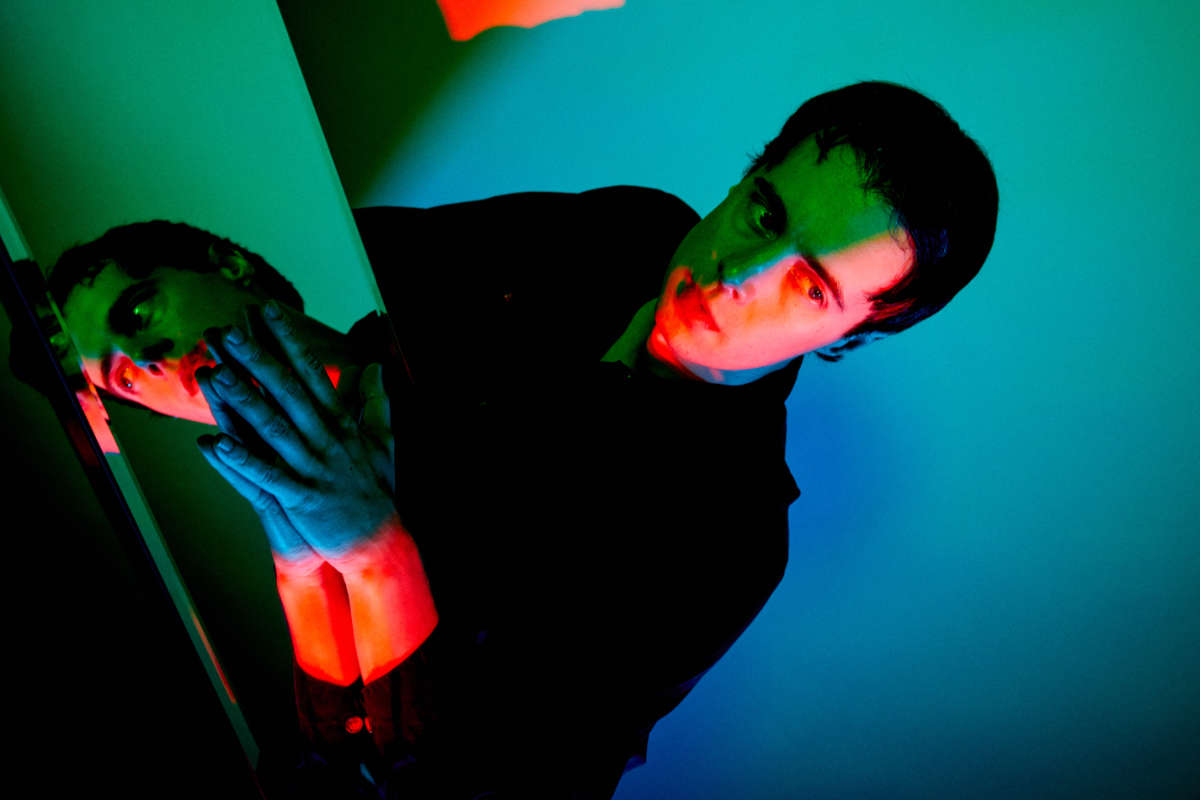
OL: In the longer term, is this a career path for you to try and move more in that direction?
GM: Yes, definitely. I scored another film this year, a feature film that premiered at Sundance. That was my first foray into the feature film world. It was a different workflow than for short films, but it was a really rewarding experience. I definitely want to keep exploring that. I think you're right, though. It comes down to having your technical chops. It can feel like it's not art sometimes. It can feel like you just need to know what tool to use. You need a big wealth of music theory, knowledge, and instrumentation and be able to apply that really quickly. You don't have time to just mess around, which is normally my studio technique. We played a couple of shows with Danny Elfman this year and had a chance to meet up with him at his studio where he does all of his composing and he opened up one of his sessions for me on his computer, and it's 150 tracks of strings and woodwinds and percussion. I was blown away, but that's not the route I'm trying to go in. I'm just about using minimalism as efficiently as possible.
OL: Ballard and his ilk had a very dystopian view of the future. A lot of electronic acts also share that dystopian view, but actually we are almost there now with things like China's social credit policies, post-truth politics, and AI controlling more and more now. Do you feel we're living in the nightmare now?
GM: I'd say we've already been in it. I feel like the invention of portable computers is probably the most revolutionary thing that's happened. I can definitely see how AI can make that more complicated and brings in another element, but I feel like the biggest step has already been made by giving everyone a computer in their hand. They already have all the tools in front of them, AI is just going to make it easier for them to use those tools.
OL: Are you fearful of AI though, or optimistic?
GM: At the moment, I'm not fearful, but maybe I'm just being naive and ignorant. It's not something I think about and I'm not really that concerned about it right now. I feel like there's so much in terms of being in a band where you have to have a whole aesthetic and a visual and a vibe behind you. I just don't think machines are able to reproduce that. I use Ableton [a music recording and sequencing programme] in such a pervasive way that it's controlling all of all of my stuff and it's already making such a big separation between the recording and my actually playing things that in a way, I'm already using AI, but I do like using hardware synths. Partly, that's because of the interface. You know, you have all the buttons there, it's easy to use, but also because it just feels satisfying to use. I use a vintage Roland SH101 synth for my basslines and I just know it's going to be good because it's coming out of this thing. Its tried and tested. I just have confidence in it. I just don't have as much faith in software synths.
OL: It's got to be fun too, hasn't it? You're creating stuff. You've got to enjoy it! It isn't just some technical exercise.
GM: Yes, totally. Even if the software synth sounds exactly the same as the hardware, am I going to feel better about it? I'm definitely going to feel cooler about it coming out of hardware. It's like drinking Coke out of a can or a plastic bottle. It always tastes better out of the can.
OL: I do think the distortion and the crackles and the non-perfect sound are actually what makes it sound better than the perfect version that comes from a software emulation.
GM: Totally. That's how I justify spending way more money than I should on buying new hardware. I can't prove that it actually makes a difference to the recordings, but that's my excuse!
OL: We probably should talk at least a little bit about Boy Harsher too before we finish. What's next for you on that front?
GM: We're deep in the writing process right now. We played so many shows the last year and a half, we're finally finding our footing back home. We've got a short South America and Mexico tour in November. But other than that, we have nothing booked.
OL: Are you still enjoying the process of being in a band and being a part of the music business? I ask that because for some bands, once they get on that treadmill, they don't feel they have time to breathe and are always running to catch up. They're being pulled along by this machine rather than being in control of themselves.
GM: I mean, I love touring, I love travelling, I feel so lucky to be able to do it, but I feel the best when I'm creating something, when I'm making a record or making a film or something like that. I want to be prolific and make something that lasts, and playing shows is just so fleeting. You play a show, and it becomes like a whisper of a memory. People will say "that show rocked!" but then next week it will be another show that rocked instead. I'm just excited to be back home and to be able to start creating things again. I have too many choices in the studio though. My plan right now is to take a sabbatical in New York for a month and just bring along a laptop and a controller keyboard and VSTs [software synths] and make some sketches that way, because I feel like I'm getting lost in all this stuff right now.
OL: To finish off then, let me throw you a curve ball. What is the one thing that you would like to achieve that you haven't managed to achieve so far?
GM: Oh, my dream right now is to direct a feature film, edit the feature film and write all the music for the feature film.
OL: So become the next John Carpenter then?
GM: I want to be the next John Carpenter so bad!
Essential Information
Augustus Muller images by Jimmy Fontaine
'Cellulosed Bodies (Original Score)', is out now on Digital/CD/LP on Nude Club Records.







